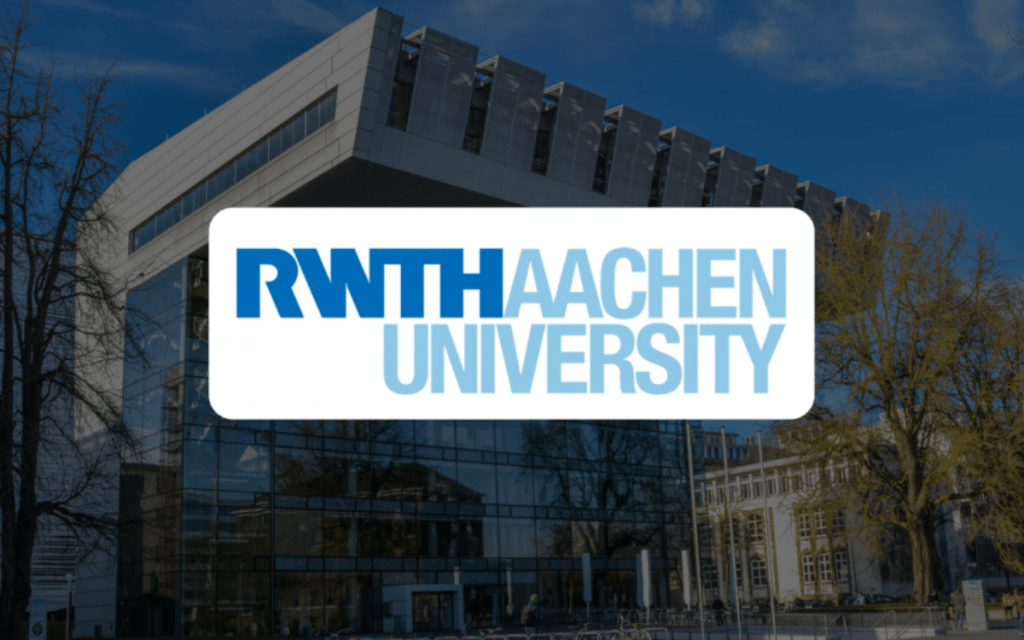
The University of Southern Denmark (SDU) is a dynamic, multidisciplinary public university with a strong international profile and deep ties to industry.
Known for its programs in engineering, robotics, software, public health, and entrepreneurship, SDU offers over 35 English-taught master’s programs across its campuses in Odense, Sønderborg, Esbjerg, Kolding, and Slagelse.
Ranked among the Top 300 universities globally (QS World University Rankings 2025), SDU is a great fit for Indian students seeking practical, innovation-driven education.
Here’s everything Indian students need to know to apply to SDU in 2025:
Why Indian Students Choose University of Southern Denmark
| Feature | Why It Matters |
|---|---|
| Tech & Innovation Focus | Known for robotics, embedded systems, public health, and AI |
| Practical Curriculum | Project work + close industry collaboration with companies like LEGO, Vestas, Siemens |
| Strong English-Taught Offerings | 35+ MSc programs fully in English |
| Regional Campuses | Odense is Denmark’s 3rd largest city; other campuses offer cost savings |
| Indian Community | Growing number of Indian students across tech and business programs |
| High Employability | Especially in software, health tech, manufacturing, and data |
Entry Requirements for Indian Students
Master’s Programs (PG Only) at University of Southern Denmark
| Requirement | Details |
|---|---|
| Bachelor’s Degree | Min. 70% in relevant B.E., B.Tech., B.Sc., or B.A. from a recognized Indian university |
| Subject Relevance | UG degree must match core of MSc program |
| English Proficiency | IELTS 6.5 / TOEFL iBT 88+ / Cambridge C1 |
| GRE | Not required |
| Motivation Letter | Mandatory – must align with program and future goals |
| Application Fee | DKK 100 (~₹1,200) per program |
| Application Portal | SDU’s online portal (not uni-assist) |
Popular English-Taught Master’s Programs at University of Southern Denmark (For Indian Students)
| Field | Sample Programs |
|---|---|
| Engineering | MSc Mechatronics, MSc Electronics, MSc Engineering – Physics and Technology |
| Computer Science | MSc Software Engineering, MSc Data Engineering |
| Robotics & AI | MSc Advanced Robotics Technology, MSc Autonomous Systems |
| Business & Entrepreneurship | MSc Economics & Business Administration (Strategy, Marketing, Finance) |
| Public Health & Welfare Tech | MSc Public Health, MSc Welfare Technology |
| Humanities & Social Sciences | MSc Cultural Studies, MSc International Security and Law |
University of Southern Denmark Application Timeline (2025 Intake)
| Step | Timeline |
|---|---|
| Program Research | October 2024 – January 2025 |
| Application Portal Opens | November 2024 |
| Application Deadline | January 15, 2025 (for non-EU students) |
| Admission Results | April – May 2025 |
| Visa Application | May – July 2025 |
| Semester Begins | September 1, 2025 |
Tuition Fees & Living Costs at SDU
| Expense | Cost (DKK/year) | Approx. INR |
|---|---|---|
| Tuition Fees | DKK 90,000–120,000 | ₹11–14 lakh |
| Living Costs | DKK 7,500–9,500/month | ₹90,000–₹1.1 lakh |
| Health Insurance | Free after CPR registration | ₹0 |
| Residence Permit | DKK 2,115 (one-time) | ₹25,000 |
Scholarships for Indian Students at SDU
| Scholarship | What It Covers |
|---|---|
| Danish Government Scholarship (via SDU) | Full tuition waiver + DKK 3,000/month living grant (for top MSc admits) |
| Erasmus+ | Full funding for joint master’s degrees (if applicable) |
| Talent Master Fellowship | Offered for high-potential students in key engineering and tech programs |
| External Scholarships (India) | Inlaks, KC Mahindra, Tata Trusts – valid for SDU if accepted into top programs |
No separate application needed for most scholarships. Admission applications are automatically considered.
Unique Strengths of University of Southern Denmark
- Robotics & AI Hub: SDU Robotics (Odense campus) is Europe’s largest public robotics research group
- Startup & Incubation: Strong entrepreneurial culture and funding access
- Multicampus Advantage: Different campuses offer specializations and cost options
- Global Collaborations: Exchange programs, internships, and EU partnerships
SDU vs. DTU – Quick Comparison
| Feature | SDU | DTU |
|---|---|---|
| Focus | Robotics, Welfare Tech, Health, Software | Engineering, Sustainability, Applied Sciences |
| Teaching | Applied + group project model | Research + innovation-oriented |
| Campus Location | Odense & others (affordable) | Lyngby (Copenhagen suburb) |
| QS Ranking (2025) | Top 300 | Top 110 |
| Scholarships | Danish Govt + SDU fellowships | Danish Govt + DTU waivers |
You Might Also Like: How To Get Into Technical University of Denmark (DTU)
Career & PR Opportunities After SDU
| Pathway | Details |
|---|---|
| Job Search Visa | 3-year job-seeking residence permit after graduation |
| EU Blue Card | For salaried positions with ≥ DKK 465,000/year |
| Permanent Residency (PR) | Eligible after 4–8 years |
| High Demand Fields | Robotics, mechatronics, data science, health tech, automation |
| Spouse & Family | Spouse can work full-time, children get free public education |
Let Admitix Help You Get Into University of Southern Denmark
At Admitix, we support Indian students aiming to study at the University of Southern Denmark by offering:
- Program selection based on tech or public health focus
- SOP/LOR support aligned with SDU’s research and robotics culture
- Application submission and scholarship targeting
- Visa prep, blocked account guidance, and campus-specific advice
Book your free consult today!
FAQs – SDU for Indian Students
Q. Is SDU tuition-free for Indian students?
No. Non-EU students pay tuition unless awarded a Danish Government Scholarship or SDU fellowship.
Q. Are there scholarships at SDU?
Yes. Full scholarships with monthly stipends are awarded to outstanding MSc applicants.
Q. Can I work while studying at SDU?
Yes. Indian students can work part-time (20 hours/week) during the semester.
Q. How competitive is SDU admission?
Moderately competitive. Strong academic background and a well-crafted SOP improve chances significantly.
Q. Are SDU degrees recognized globally?
Yes. SDU is a publicly funded research university with worldwide recognition and strong industry links.













